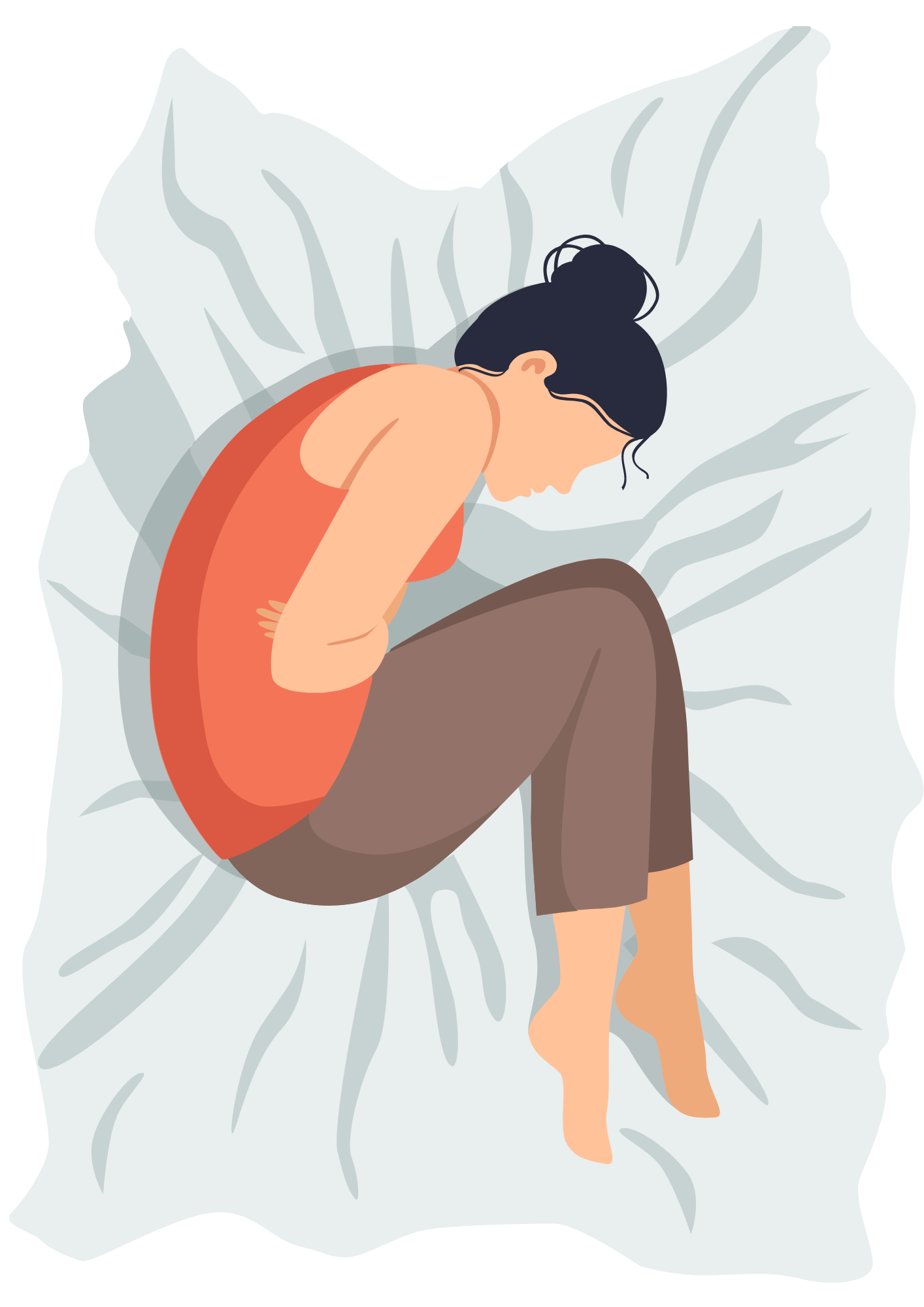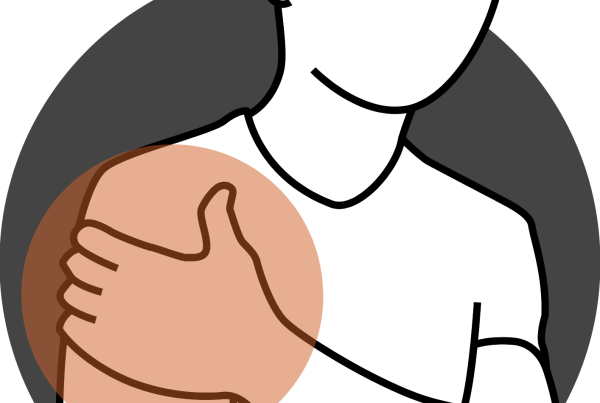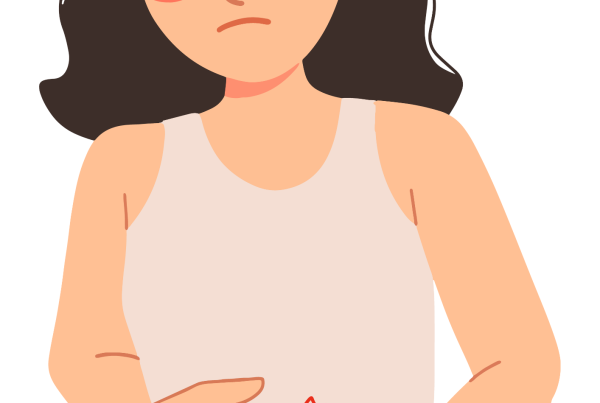Endometriosis
Commonly Asked Questions
Giselle Rodrigues, Women’s Health Physiotherapist

What is Endometriosis?
Endometriosis is a systemic inflammatory condition in which tissue similar to the uterine lining (endometrium) grows outside the uterus, most commonly in the pelvis. This tissue can become inflamed, develop into cysts, cause scarring and commonly result in pelvic pain, cramping, bloating, nausea and fatigue. As the tissue migrates to other tissue it can cause pain in other parts of your body. It can also cause difficulty getting pregnant.
Early diagnosis and treatment is important to avoid the symptoms and the negative effect endometriosis can have on your mental health and relationships.
Endometriosis affects approximately 1 in 9 Australian women. It can take on average 6 ½ years for endometriosis to be diagnosed.
It’s more common than you think! There are currently nearly 1 million people who have been diagnosed with endometriosis in Australia.
How can I get tested for Endometriosis?
Endometriosis can only be diagnosed by a gynaecological examination with laparoscopy where they examine your organs and perform a tissue biopsy to test the tissue under a microscope.
Specialised ultrasonography may show signs of endometriosis such as endometrial cysts and endometrial tissue embedded in the bowel and bladder (deep infiltrating endometriosis). Ultrasound examination can also assess the mobility of the affected organs.
You do not need to have a laparoscopy to commence treatment, a clinical diagnosis based on your symptoms, a clinical diagnosis based on your symptoms together with an expert clinical examination will determine treatment options.

What are the treatment options of endometriosis?
There is currently no cure for endometriosis but it can be managed and treated in different ways.
The right treatment for you will depend on your individual symptoms and life goals which may or may not include pregnancy.
Treatment options include:
Medical: Hormonal (Oral Contraceptive Pill (OCP) or IUD) and non-hormonal (Pain medication, Non Steroidal Anti Inflammatory Medication)
Surgical: Laparoscopic removal of the imposing tissue
Allied health: physiotherapy, psychology, acupuncture, nutrition and dietetics
I had laparoscopic removal of my endometriosis – why do I still have pain after my surgery?
Pelvic pain, bladder and bowel symptoms as well as pain with intercourse may persist after your surgery and does not mean your surgery did not go well.
You may have adopted a protective or guarded posture over the years that you have suffered with symptoms. This guarding may extend to your neck, your jaw, as well as lower back. This may cause pain in other parts of your body due to altered loading patterns and muscles tightness or weakness. The sensitisation of the tissue in the pelvic region including the bladder and bowel also needs management. The protective muscle patterning does not always go away immediately and often needs to be retrained.
How can physiotherapy help?
We now know that endometriosis affects the whole body, not just the pelvic floor.
It can affect muscles in the hips, back, ribcage and even muscles in the neck, jaw and feet. It can affect your bladder and bowels as well as sexual function. Even after the endometriosis lesions are removed, the muscles, nerves and pelvic organs require treatment to reverse the neurogenic inflammation and constant muscle guarding and spasms.
If you have a history of painful or heavy periods, abdominal bloating, back and neck pain, jaw pain or recurrent headaches, if you experience painful intercourse or have pain with bowel movements or whilst urinating, you may have endometriosis.
We adopt a whole-body approach to managing endometriosis. We listen to your story right from your childhood and your first period through to your present symptoms. We assess your pelvic floor, your bladder, bowel and sexual function and your whole body from your feet, hip, pelvis, back and ribcage up to your neck and jaw. We determine the main contributors to your pain and guide you through a treatment plan.
We assess your whole body and may perform hands on treatment to parts of the body contributing to your pain. We teach you how to recognise and manage your symptoms so you feel more in control over your pain and other symptoms. We collaborate with you and our network of expert health professionals who we may refer you to in order to help address aspects of your life affected by endometriosis. This may include dietetics, exercise physiology and or psychology.
Specific exercises will be prescribed for you to help your body move more efficiently. Treatment may include guided pelvic floor relaxation and retraining techniques, soft tissue releases, lifestyle modifications, management of any bladder or


What can I do about it?
Contact reception on 02 9056 0850 or at reception@zone34.com.au to book an appointment with our Women’s Health Physiotherapist, Giselle Rodrigues.






